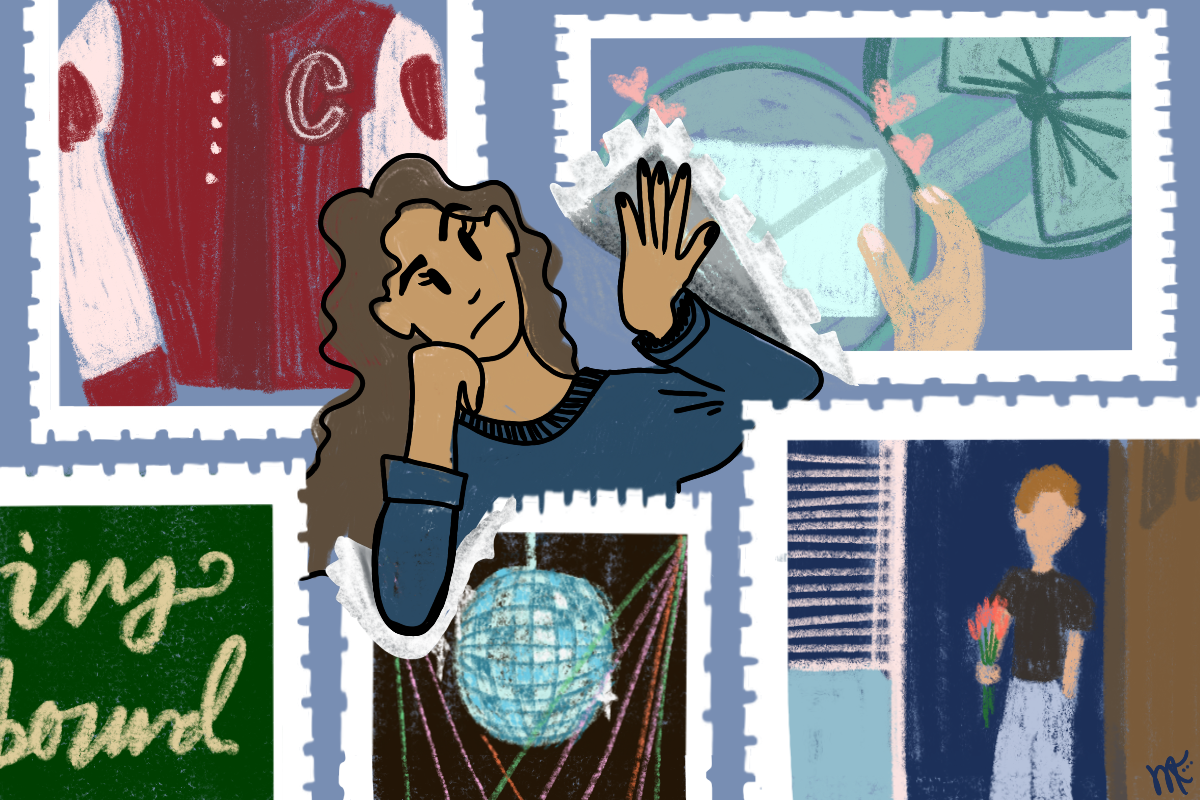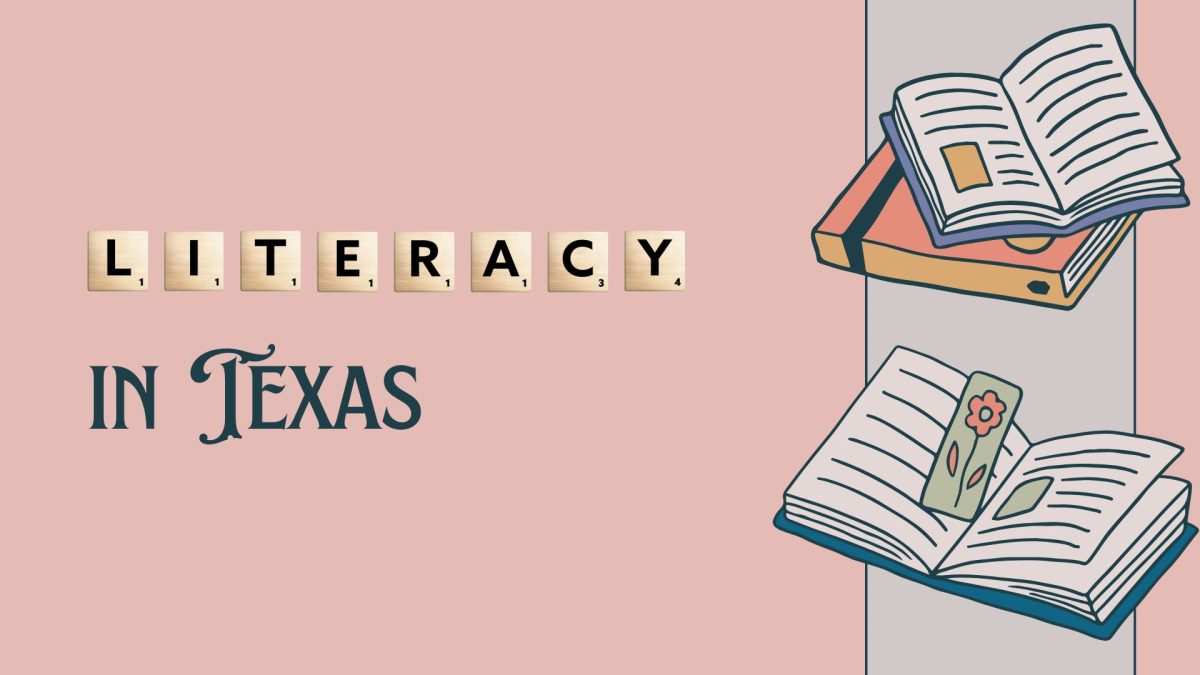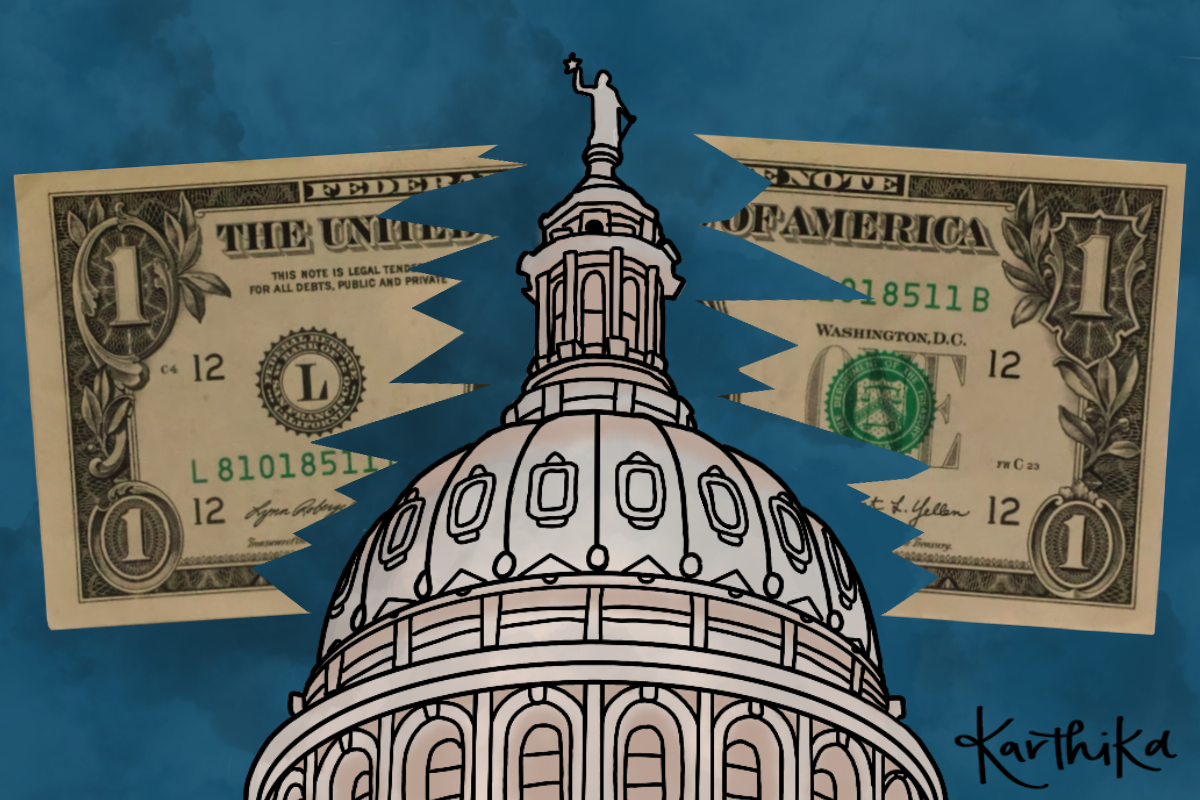By Michelle Pitcher
Editor-in-Chief
 After tragedy strikes, the pattern is clear. Every day, a new person is to blame, someone whose actions inarguably contributed to the tragedy’s occurrence and whose culpability gives meaning to tragedies we cannot otherwise fathom.
After tragedy strikes, the pattern is clear. Every day, a new person is to blame, someone whose actions inarguably contributed to the tragedy’s occurrence and whose culpability gives meaning to tragedies we cannot otherwise fathom.
It is never long before the blame settles with the messenger.
After the recent elementary school shooting in Newtown, Conn., the typical series of reactions ensued. As soon as he was identified, the gunman was condemned by everyone as a psychopath who was looking for attention. The next day, the blame seamlessly shifted to those who support the civilian right to bear arms. Then, on the third day, it was Sensationalist Media that was left with responsibility for the tragedy.
It is amazing the lengths people will go to in order to find patterns in the chaos. People will even go so far as to vilify the already-dwindling number of legitimate news outlets without whom knowledge of such tragedies would not spread accurately.
It is an intrinsic human desire to look for a scapegoat, but the blame rarely lies with one party. American culture at large sensationalizes violence. War simulation videogames, superhero movies, post-apocalyptic books about savagery and the murder of children – these forms of entertainment gross millions of dollars each year in the United States. But as soon as a newspaper mentions a real-life gunman’s name, it is a cheap ploy to increase readership and prey on the emotions of those affected.
Not to say that media outlets do not consider what the public is likely to read. Just like every other industry, print and online media follow the rules of supply and demand, and when tragedy strikes, the demand for information is at an all-time high.
News organizations would no longer be news organizations if they ignored the bad and only reported feel-good pieces.
Speaking from personal experience, it is a tough battle to fight when you have to write about delicate subjects. If I write about an event, am I unintentionally “sensationalizing” it? Where is the line between telling the public what they need to know and telling the public what they don’t want to know?
There are reporters who, in the course of fulfilling their duties, may do something that seems out of line from an outside perspective. But while the majority of Americans are sitting on their couches watching the TV news reports or refreshing CNN’s homepage for the most recent updates, these reporters have to put themselves in situations that no one would ever dream of all in the name of delivering the news to the people who are desperate to know.
The truth of the matter is that news outlets will never stop investigation murders, conspiracies and disasters. I, for one, do not want the first draft of my generation’s history to come in the form of grammatically-incorrect tweets. I want to continue to have faith in professional reporters and respect the burden they bear.








